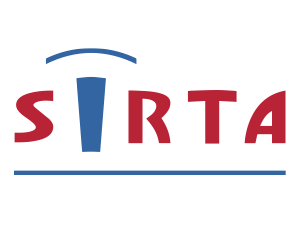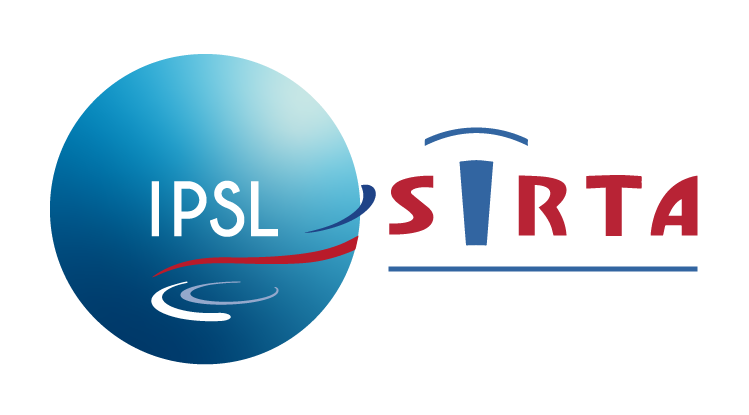OUR GOVERNANCE
In addition to the Director, the SIRTA benefits from two other governing bodies, the SIRTA steering committee and the SIRTA scientific council.
Director
The SIRTA director is appointed by the SIRTA Steering Committee on the proposal of IPSL, for a period of 4 years. He is assisted by deputy directors who act under his responsibility according to the strategic orientations of the SIRTA.
Steering Committee
It was set up in 2005. It is composed of representatives of the following organizations contributing personnel and financial support to SIRTA: Ecole Polytechnique, CNRS-INSU, CNES, EDF R&D, OVSQ, Météo-France, CEA and INERIS. Each organization has a voting representative. The steering committee meets once a year. It has the following attributions:
- to approve the SIRTA program;
- to follow the progress of the work carried out by the SIRTA;
- to define the needs of the SIRTA in terms of financial and means, and to defend them within the concerned organizations;
- to approve the appointment of the SIRTA director on the proposal of IPSL.
The director of SIRTA, the president of the Scientific Council of SIRTA and the management of IPSL are invited to the meetings of the Steering Committee.
Scientific council
The SIRTA Scientific Council (SC) was created in 2005 to accompany and guide SIRTA’s scientific and technical developments for research and experimental teaching. The SIRTA SC meets twice a year for a full day: half-a-day is dedicated to presentations and discussions on scientific actions, projects and results where external persons are invited for these discussions and the other half-day is devoted to debates and decision making. The SIRTA SC plays four essential roles:
- Improving the visibility of SIRTA. The SC makes recommendations to better present SIRTA’s contribution to research in the themes of interest and to improve its visibility in the national community and with national supervisors.
- To define the strategic scientific axes and the developments of new projects and new research collaborations. The SC studies the scientific interest of the projects and their insertion in SIRTA’s current activities (reinforcement of an already committed theme or enlargement), evaluates the contribution of SIRTA in terms of observation and possible scientific exploitation by the whole community of users, evaluates the opportunities of development of new projects and new research collaborations, and evaluates the support requested from the technical teams.
- Facilitate the development of federative and multi-thematic projects. This involves contributing to the development of projects to obtain the necessary support for the sustainability of SIRTA and to support the elaboration of documents allowing the collaborations and contributions of the different SIRTA partners, together with the SIRTA steering committee.
- Strengthen experimental teaching. This involves establishing and/or continuing contacts with Universities and Grandes Ecoles which integrate practical work in their teaching in atmospheric sciences and remote sensing.
Eleven laboratories are represented in CS SIRTA (IPSL, LMD, LSCE, LATMOS, LISA, CEREA, CNRM, LA, LaMP, LOA, GEEPS). It is currently chaired by Marie Lothon (Laboratoire d’Aérologie).
The governing bodies of SIRTA are not formally linked to the ones of ACTRIS-FR research infrastructure, however, the organizations sitting on the SIRTA Steering Committee are almost all members of the RI. The SIRTA SC deals with certain regional issues that are not of concern for governance of the RI. The SIRTA SC analyzes scientific orientations and developments in a much more detailed way than the RI SC could.

